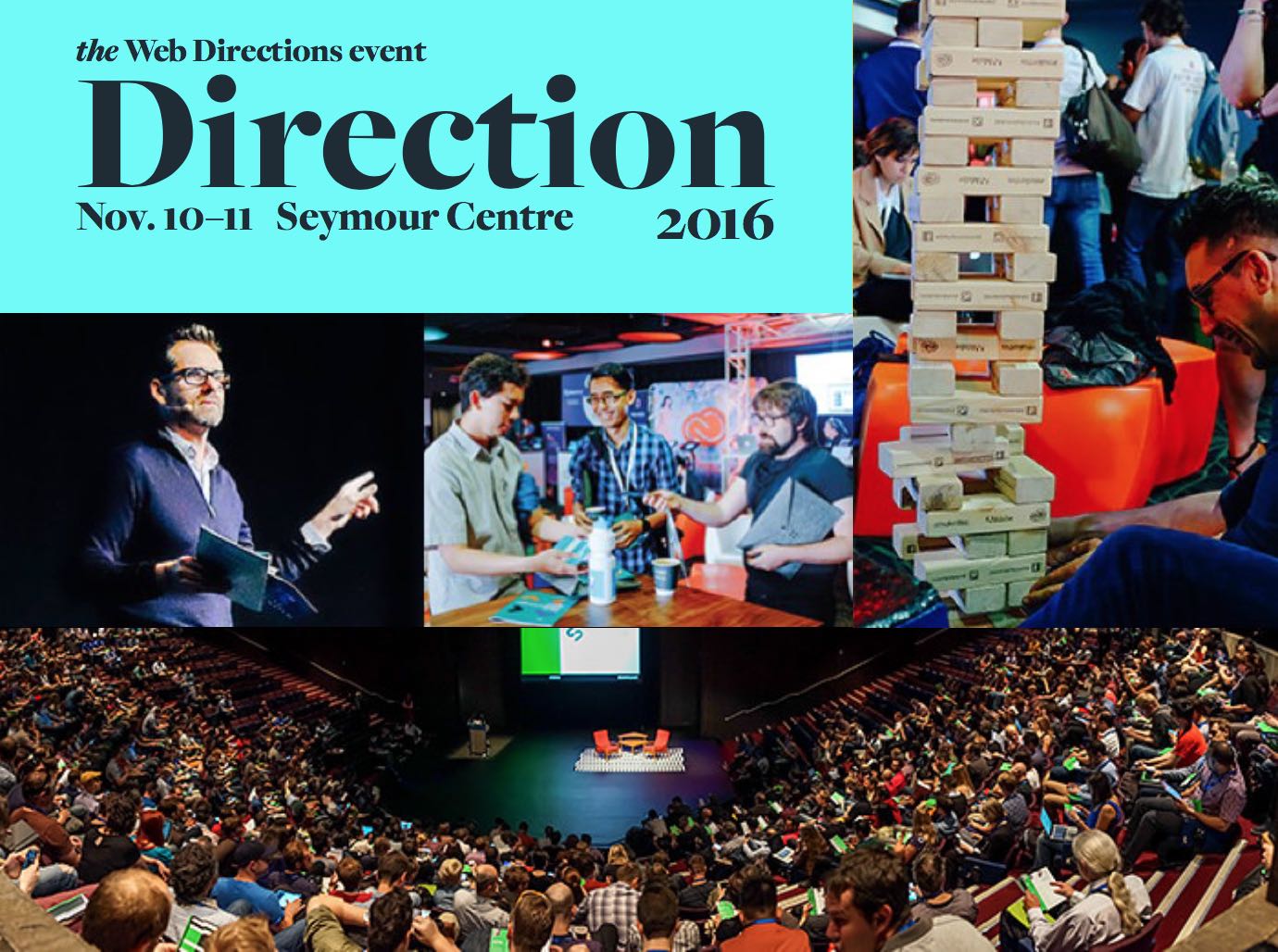Idea of the Week: Teaching Code to Kids
When you’re thinking about the future of the Web, an obvious focus is young people. There’s a generation growing up now that takes the Web for granted as far as being a provider of information, games, education and social interaction. But are we doing enough to teach kids how to code? Should coding be embedded into school curricula? How, exactly?
As we lead up to our Direction conference, where we’ll have some activities for young people around coding and related areas of interest, we asked our Managing Editor Ricky Onsman to take a look at the current state of coding education for kids.
Teaching Code to Kids
By Ricky Onsman
Even though efforts to teach school students how to code date back to the 1960s, it’s only been in relatively recent years that structured coding and programming classes have started to be included in some school curricula around the world.
In most places, it’s still piecemeal and driven by some dedicated individuals. Even then, resources are often limited, teachers lack training and – perhaps as a consequence – students are not always enthusiastic.
No-one doubts that Information Technology and Computer Science will continue to grow as career paths, nor that this should be reflected in teaching systems, but the structures are mostly not yet in place to deliver a universally accepted educational approach that embeds IT and CS as core subjects in a curriculum. What is currently available in schools has largely been put in place by particularly driven individual educators with supportive administrations.
It’s also clear that learning to code has a number of benefits for school students, regardless of their future career paths. Code is a language, or set of languages, and learning to code delivers the same kind of mind-expanding educational benefits that learning any language brings. And learning to code enhances computational thinking, logical thought, structured expression, creativity, problem solving and teamwork.
Teaching kids to code may also be a way to break down the remarkably persistent public image of coders as solitary, antisocial, boring geeks who live in darkened rooms on pizza and coke. And that coding itself is boring, and difficult. A creative classroom approach can dispel these myths.
There is a body of thought that fears teaching kids to code projects at a young age without sufficient theoretical underpinning will create cowboys and hackers: code jockeys who focus only on short term outcomes with no regard for standards or conventions. It’s hard to see exactly why that would be the case with coding when it’s not true of other subjects – letting kids play as they learn and enjoy the outcomes of their learning is an accepted and successful educational principle.
In any case, the key almost certainly lies in the quality of the teaching, and the teachers. While all but a very few primary and secondary level teachers in most countries will require additional training to teach code – which is one thing that’s holding back coding as a subject – there are options outside of the school system that currently bring together the kind of teaching skills and coding experience required.
Community-based organisations operate at all parts of the education spectrum, from large organisations like code.org in the United States, which partners with school districts to bring Computer Science teaching into the classroom, trains teachers and influences education policy, to small groups at a local level that operate outside of school hours and in vacation times, running regular classes and project-based workshops.
These organisations are always looking for skilled volunteers. Whether you’re a developer or designer, programmer, engineer or information architect, one way to contribute to the future of our industry is to get directly involved with teaching kids to code.
At this year’s Direction conference, we’ve arranged for one such Sydney-based group, QwertyKids, to come along and provide some creative coding fun for kids at our closing night party.
This article will appear in the Scroll Magazine to accompany the Direction conference.
Want more?
Like to see and read more like this? Be the first to score invitations to our events? Then jump on our once-a-week mailing list where we round up the week’s best reading and watching on all things Web. And you’ll get a complimentary digital copy of our brand new magazine, Scroll.
Great reading, every weekend.
We round up the best writing about the web and send it your way each Friday.

